
L’altro giorno stavo ascoltando una stazione alla radio e ho sentito due deejay italiani che chiacchieravano da cinque minuti sull’argomento “limonare.” Mentre la conversazione fin dall’inizio era su appuntamenti al buio e di primi baci, mi sono resa conto subito che non stavano parlando di “fare la limonata”… o in altre parole, di fare una rinfrescante bevanda estiva con i limoni.
The other day I was listening to an Italian radio station and heard two Italian deejays banter back and forth a good five minutes about “limonare.” As the conversation from the very beginning had been focused on blind dating and first kisses I realized right away they definitely were not talking about “fare la limonata” … or in other words, making a refreshing summer drink out of lemons.

Incuriosita, ho alzato il volume e ho ascoltato più attentamente e mi sono accorta che in realtà stavano parlando – shock – di baciare alla francese!
Intrigued I tuned in my listening skills and realized what they were actually talking about was — shock — French Kissing!

Dopo che i due Deejay hanno introdotto la canzone pop sucessiva, continuavo a chiedermi come mai, in italiano, si usa il verbo “limonare” per baciare alla francese. Quando ho una domanda come questa, naturalmente, vado dal mio amico sapientone Google; e ho scoperto che è un’espressione rigorosamente italiana, ma nessuno sa esattamente l’origine di questo verbo.
After the two deejays introduced the next pop song, I continued to wonder why French kissing is referred to as “limonare” in Italian. When I get curious about things, of course, I go to my know-it-all friend Google and learned that is strictly an Italian verb, but no one really knows exactly how or why it came to be.
La migliore risposta che Google mi ha fornito è che “limonare” deriva da un detto longobardo e ritorna alle allegre allusioni di fruttivendoli che un tempo vendevano limoni solo a coppie. Altri pensano che il bacio alla francese e il movimento delle lingue ricordi il movimento rotatorio che la mano deve fare nello spremere un limone.
The best answer Google could provide me with was that the term “limonare” comes from a Lombard saying and goes back to the playful allusions of greengrocers who once sold lemons only in pairs. Others think that the French kiss and the movement of tongues mimic the rotary motion that the hand does when squeezing a lemon.
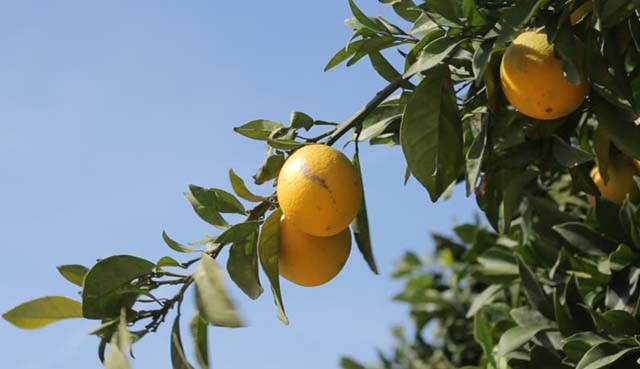
Poi ancora ci sono altri che ritengono che l’espressione “limonare” derivi da una tradizione antica, quella secondo cui per chiedere in sposa una ragazza le si donava un limone che, se morso, sanciva l’accettazione della proposta. A quel punto con quella spiegazione ho deciso che Google stava davvero aggrappando al fuscello.
Then again there are others who believe the expression “limonare” derives from an ancient tradition of asking for a girl’s hand in marriage by offering a lemon, that if bitten sanctioned the acceptance of the proposal. At that point, with that explanation, I decided Google was really going out on a wobbly lemon limb.
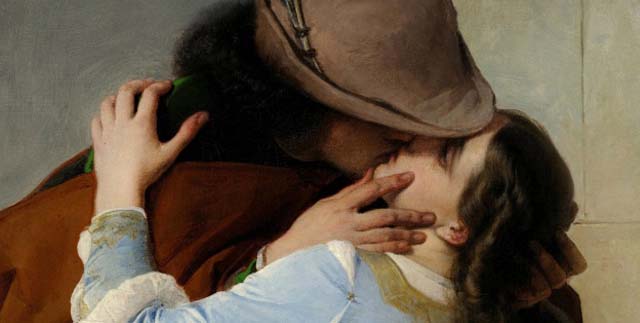
Tuttavia, ho imparato alcune cose sull’arte del baciare che penso siano interessanti. La ragione per cui baciamo è che questo gesto ci fa sentire bene. (Non avevo bisogno che me lo dicesse Google!) Ma gli esseri umani non sono l’unica specie a dare baci: alcune grandi scimmie infatti accostano le loro labbra per esprimere emozioni e dimostrare affetto o indurre una riconciliazione. Gli scienziati propongono il bacio è stato nato attraverso l’atto di masticazione del cibo dato ai bambini dalla bocca del loro genitore, portando i bambini ad associare la pressione delle labbra ad un atto d’amore.
Still, I did learn a few things about kissing I thought were interesting. The reason we kiss is that this gesture makes us feel good. (I didn’t need Google to tell me that!) But humans beings are not the only species to give kisses: some great apes put their lips together to express emotions and show affection or induce a reconciliation. Scientists propose the kiss originated with the chewing of food given to children by the mouth of their parent, leading the children to associate the pressure of the lips to an act of love.
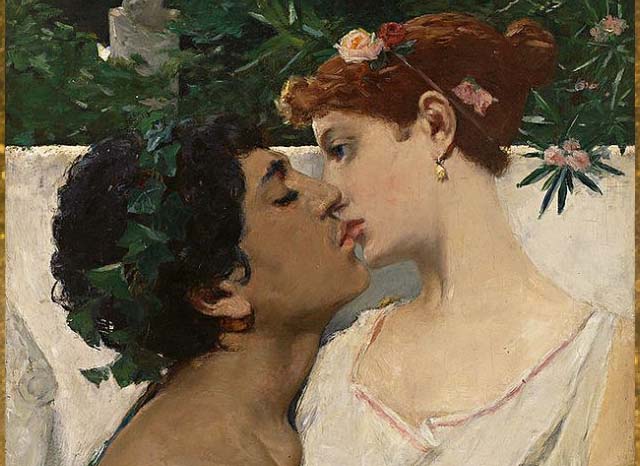
In oltre alcuni antropologi pensano che il bacio sia un comportamento acquisito. Pare che l’esercito romano abbia introdotto il bacio in molte culture conquistate, così come successivamente fecero anche gli esploratori europei.
Some anthropologists think that the kiss is an acquired behavior. It seems the Roman army introduced the kiss in many conquered cultures, as did the European explorers after them.
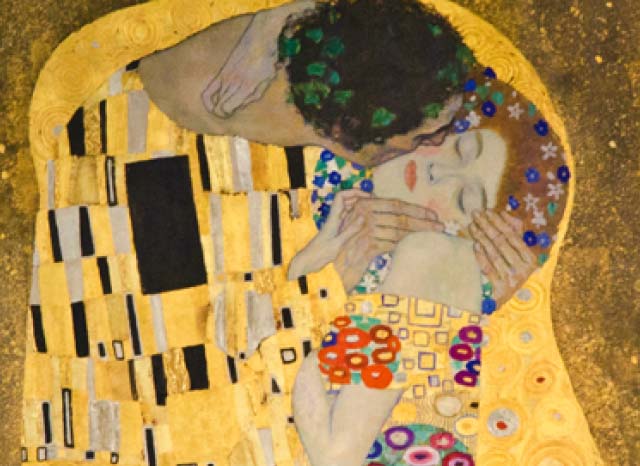
Gli studi mostrano che il bacio favorisce la produzione di dopamina, un neurotrasmettitore associato a sentimenti di desiderio e di ricompensa (prodotto nella stessa regione cerebrale stimolata dalle sostanze stupefacenti come la cocaina), e questo spiega la perdita di appetito e sonno, sintomi che si associano comunemente all’innamoramento.
Studies show that a kiss promotes the production of dopamine, a neurotransmitter associated with feelings of desire and reward (produced in the same brain region stimulated by drugs such as cocaine), and this explains the loss of appetite and sleep, symptoms commonly associated with falling in love.
E secondo i neuroscienziati, un bacio appassionato fa rilasciare ossitocina, un ormone che favorisce il legame e l’attaccamento al partner.
And According to behavioral neuroscientists, a passionate kiss releases oxytocin, a hormone that promotes bonding and attachment to one’s partner.
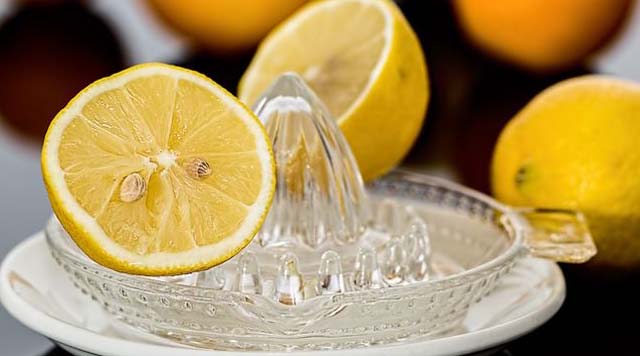
Ora … mettete tutto questo nel vostro spremiagrumi e succhialo!
Now….put that in your juicer and suck on it!
Poiché questo è un blog di apprendimento … e ci sforziamo di istruire il più possibile, ecco un piccolo video in italiano su come limonare.
As this is a learning blog…and we strive to instruct as much as possible here is a little video in Italian on how to french kiss or limonare.
All the forgottten kisses
If you liked this post you might like these too:
I want 24000 baci! Bacio Perugina
Fare la valigia – the art of packing
In cucina con Daniele – Come si preparano : Arancine e Sfingi

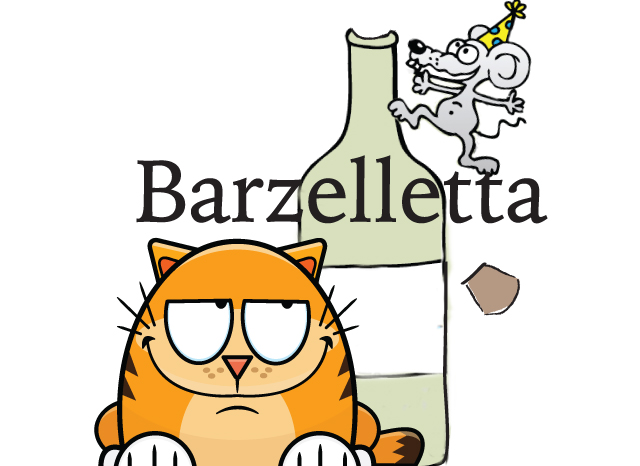
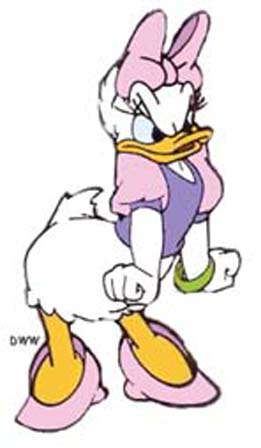

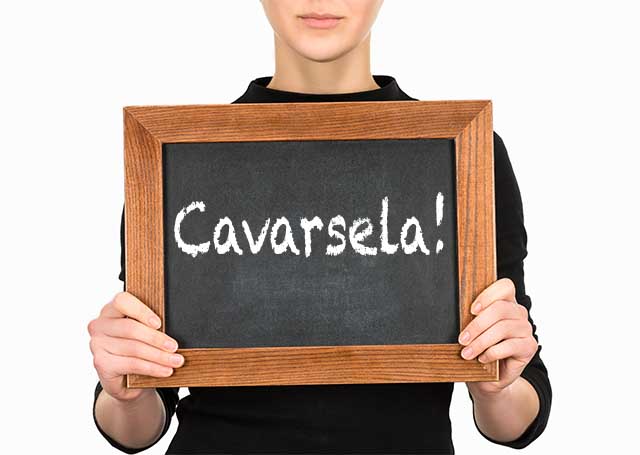







Che bello!
Siccome se chiama baciare alla francese, vuol dire che l’espressione e l’abitudinine siano entrate nel linguaggio e nelle bocche italiane dalla francia e non portate in francia dai legioni romani.
Andando alcuni centimetri verso sud, chissa sei francesi chiamano “all’italiana”, la pratica di baciare la fica?
Beh, io adesso ho 15 anni e il mio primo bacio è stato l’anno scorso kon una ragazza mooooooolto più grande di me. Esperienza a dir poco fantastica, durata un pomeriggio intero. 😍
Molto interessante!